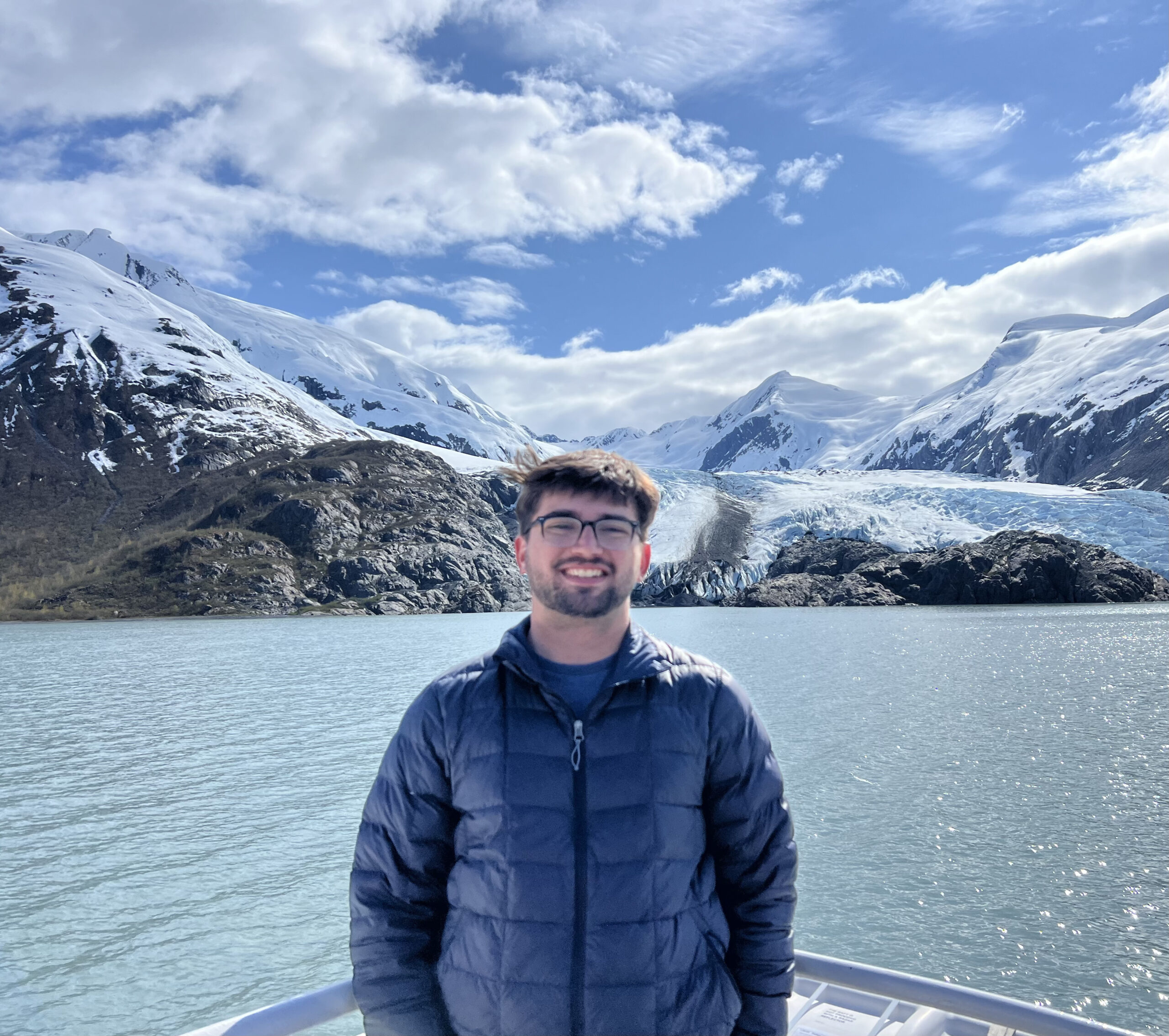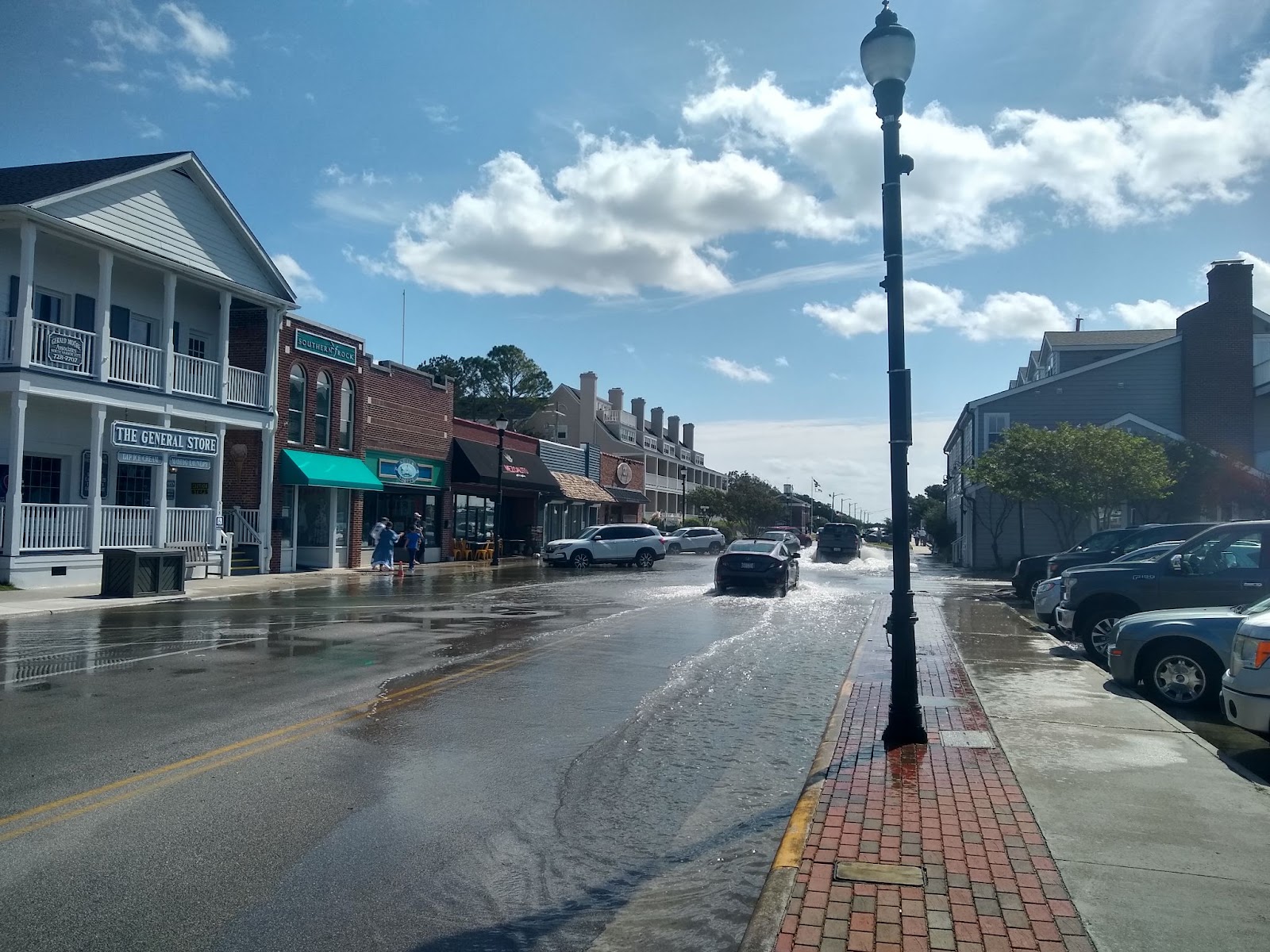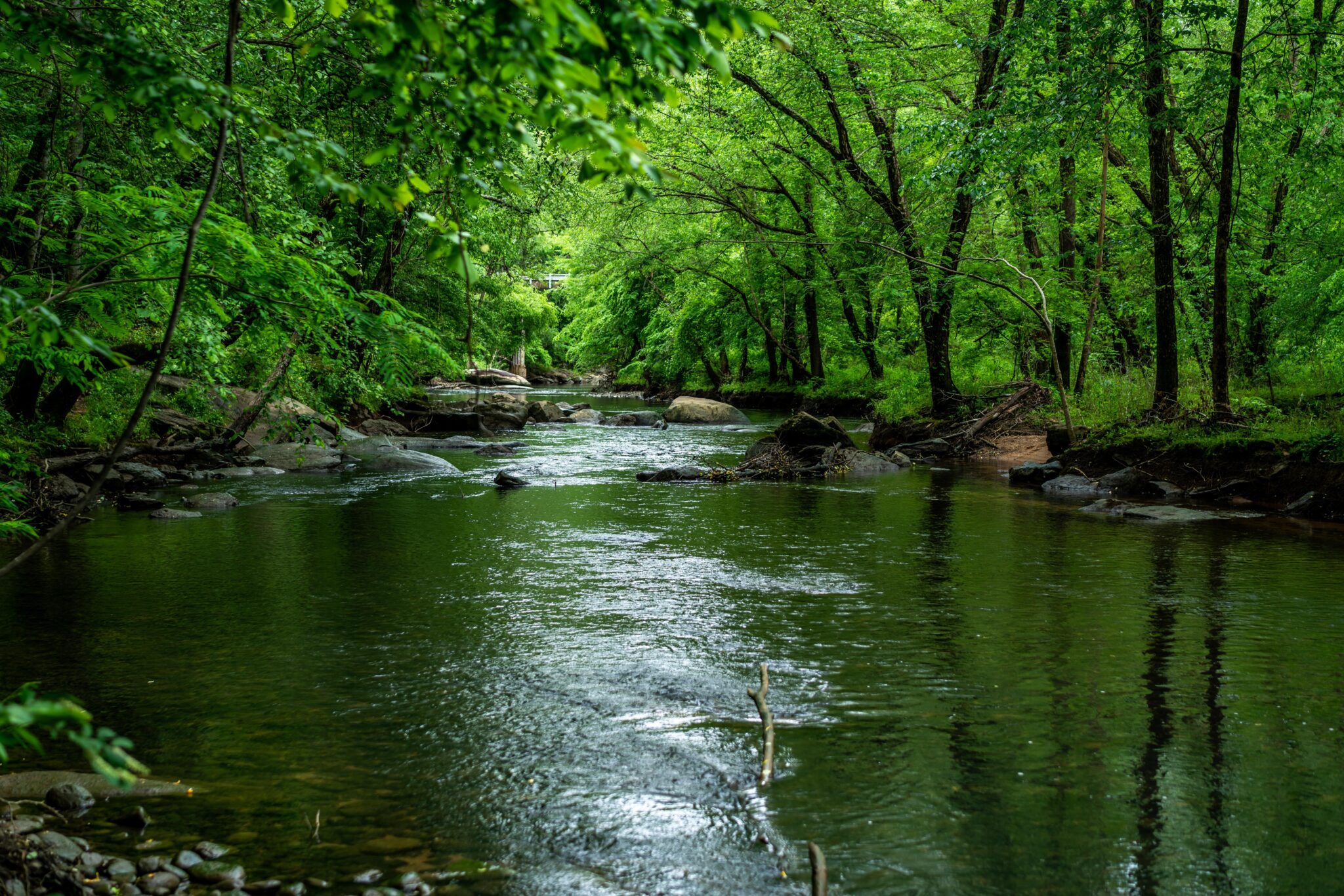NC Sea Grant and APNEP Name New Joint Fellow
FOR IMMEDIATE RELEASE
Contact:
Katie Mosher, kmosher@ncsu.edu

Joshua Himmelstein, a Ph.D. student in the University of North Carolina at Chapel Hill’s Institute of Marine Sciences, is the recipient of the 2022 joint fellowship from North Carolina Sea Grant and the Albemarle-Pamlico National Estuary Partnership. Himmelstein will install arrays of low-cost, open-source sensors across coastal North Carolina marshes in order to study sediment delivery.
“Joshua’s fellowship project will help address an ongoing mystery in marsh dynamics regarding the availability of sediment supply and the ability of marshes to accrete,” says John Fear, deputy director of North Carolina Sea Grant and the North Carolina Water Resources Research Institute. “Coastal marshes are an important nursery area for estuarine species and an extremely productive ecosystem.”
The joint fellowship, now in its sixth year, supports graduate students from institutions based in North Carolina who conduct applied research within the North Carolina portion of the Albemarle-Pamlico National Estuary Partnership (APNEP) region. That region covers most of the Albemarle-Pamlico watershed, including the Neuse, Tar-Pamlico, Pasquotank, Chowan, lower Roanoke, and parts of the White Oak river basins.
“Research on the impacts of climate change to the structural and functional loss of coastal wetlands is needed to inform and prioritize conservation efforts in the Albemarle-Pamlico estuary,” says Tim Ellis, APNEP’s quantitative ecologist. “This project will provide novel information on how sediment is distributed across saltmarshes, helping us to better understand the vulnerability of this important coastal habitat to sea-level rise.”
Himmelstein works with Antonio Rodriguez, coastal geologist in the Earth, Marine, and Environmental Sciences department and based at IMS. Rodriguez says that tidal creeks across coastal North Carolina are “filling in with sediment” at a time when many of the adjacent marshes are losing elevation relative to sea level.
“Joshua’s research may detail a reason why these two adjacent environments are responding differently, while validating a low-cost, publicly deployable monitoring tool,” Rodriguez explains.
Salt marshes are vital components of healthy estuaries but are declining in some areas due to erosion, development, and slow sediment accumulation. The sensors that Himmelstein plans to install will reveal patterns in sediment delivery to marshes — information that he then will relate to local topography at each site.
“Using the data produced here, I plan to test whether small gradients in marsh elevation have outsized effects on marsh sustainability,” he says.
Himmelstein earned a bachelor’s degree in geology and environmental science from the College of William and Mary.
Read more about this and other Sea Grant fellowships and funding opportunities at ncseagrant.ncsu.edu/funding-opps/.
Learn more about the Albemarle-Pamlico National Estuary Partnership at www.apnep.org.
##


